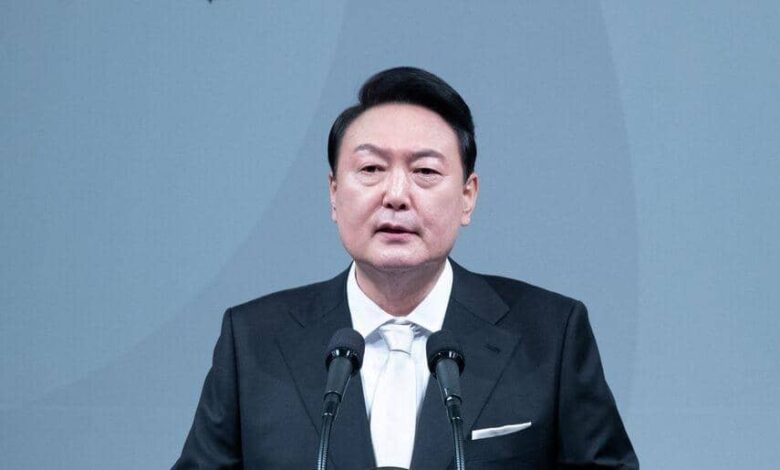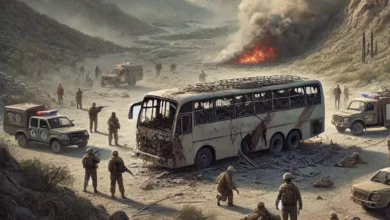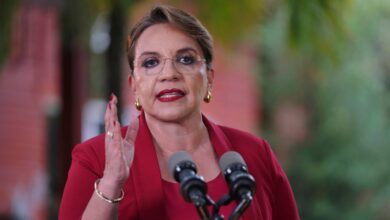
In a dramatic, surprising move reminiscent of the authoritarian era in the 1980s, South Korean President Yoon Suk Yeol declared martial law on December 3, pledging to eliminate what he termed “anti-state” forces. The South Korean military also confirmed that martial law will remain until it is lifted by the president.
The declaration immediately drew an angry reaction from opposition parties as political activities and protests were banned, and media censorship was imposed. Despite the ban, hundreds gathered outside the National Assembly in Seoul to protest the martial law.
At one session of Parliament, 190 out of 300 lawmakers were present and unanimously passed a motion demanding the lifting of the martial law. National Assembly Speaker Woo Won-shik announced: “Of the 190 present, all voted in favor. I declare that the resolution calling for the lifting of the emergency martial law has been passed.”
Protests escalated outside the parliament, as opposition lawmakers joined demonstrators while police maintained a heavy presence. Special forces tried to enter the premises amid the unrest. In a televised address, Yoon called the opposition anti-state and asserted that the martial law was necessary to save the nation from threats posed by North Korea.
“To protect a free South Korea from the threats posed by North Korea’s communist forces and to eliminate anti-state elements plundering the people’s freedom and happiness, I hereby declare emergency martial law,” he said.
While Yoon did not spell out the nature of the threats from the North, tensions remain high, with South Korea technically still at war with nuclear-armed North Korea. Martial Law Commander Park An-su issued a statement detailing the restrictions, saying all political activities by the National Assembly, local councils, political parties, and demonstrations are strictly banned. Media outlets will also be put under government monitoring.
The United States and the United Kingdom have said they are closely watching events in South Korea. Meanwhile, the Chinese Embassy in Seoul called on its citizens to be cautious, appealing for them to remain rational, pay close attention to the political situation, and try not to go outdoors unless absolutely necessary.



